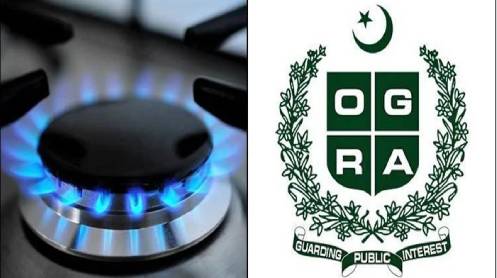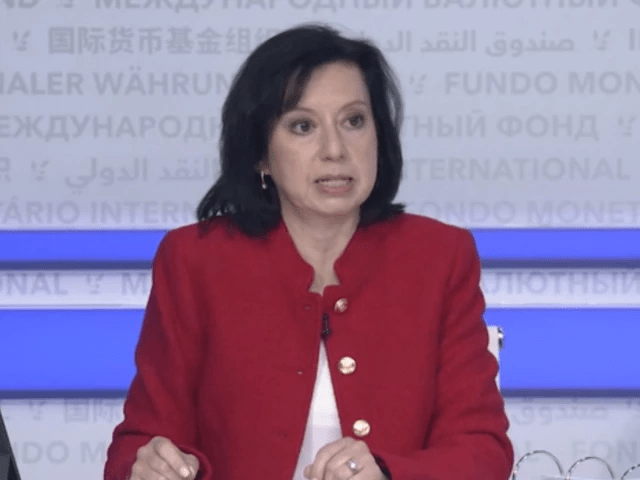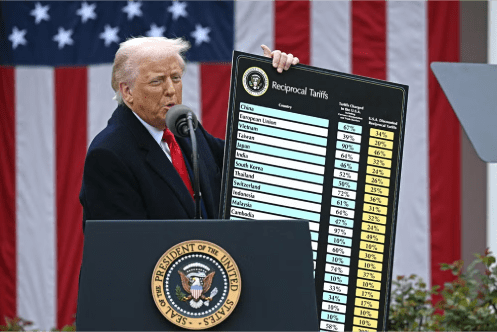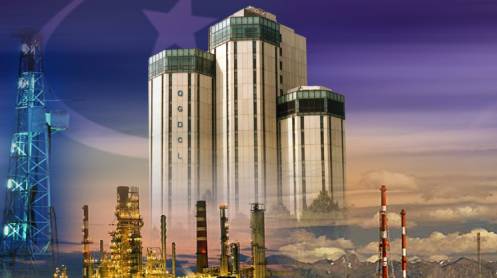ISLAMABAD: The Oil and Gas Regulatory Authority (OGRA) has notified a substantial increase in gas tariffs for domestic, commercial, and industrial consumers, effective from July 1, 2025. The hike is expected to place additional financial strain on inflation-hit households while aiming to meet revenue targets set under Pakistan’s economic stabilisation programme.
According to the notification, domestic gas tariffs have been revised by up to 50%. Protected household consumers—typically low-income users—will now pay between Rs200 and Rs350 per MMBTU, while non-protected users face sharply higher rates, ranging from Rs500 to Rs4,200 per MMBTU.
In addition to consumption-based charges, OGRA has introduced fixed monthly charges:
- Protected consumers: Rs600/month
- Non-protected consumers: Rs1,500/month
- Non-protected users exceeding 1.5 MMBTU/month: Rs3,000/month
The revised rates extend across various sectors:
- Government/semi-government institutions, hospitals, schools: Rs3,175/MMBTU
- Tandoors: Rs110–700/MMBTU
- Commercial users: Rs3,900/MMBTU
- General industry: Rs2,300/MMBTU
- Captive power producers: Rs3,500/MMBTU
- CNG stations: Rs3,750/MMBTU
- Cement factories: Rs4,400/MMBTU
- Fertilizer plants: Rs1,597/MMBTU
- Power generation (including K-Electric): Rs1,225/MMBTU
The decision follows approval from the Economic Coordination Committee (ECC), which endorsed a revised gas pricing framework with an average 10% hike for bulk, industrial, and power sector consumers. While household consumption slabs were largely maintained, fixed charges were raised to help recover the cost of gas infrastructure.
Officials say the hike is necessary to improve the financial viability of gas utilities and reduce reliance on subsidies—key components of Pakistan’s agreement with the International Monetary Fund (IMF).
Story by Zaigham Naqvi







